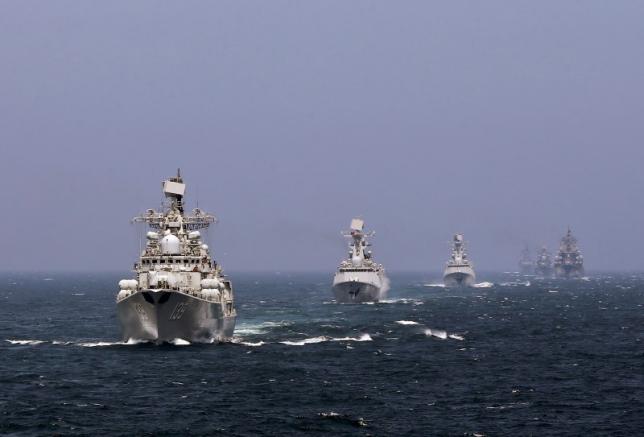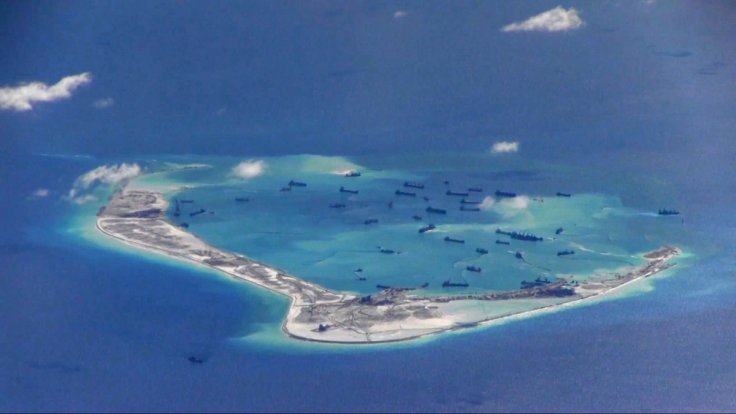A week after a Chinese military ship controversially docked at Sri Lanka's Hambantota port, India has accused China of "militarization of the Taiwan Strait". This comes as a first time for the Indian government to use a descriptor, amid New Delhi's tensions on its own border with China.
The Yuan Wang 5, a Chinese survey ship, is one of the vessels in a group of ships operated by the People's Liberation Army that monitor satellite, rocket and intercontinental ballistic missile launches.
There are growing fears that China wants to use the Sri Lankan port as a military base. The Yuan Wang 5, according to the Chinese foreign affairs ministry, was conducting maritime research which was in line with international law and practice. It said their activity would not affect the security and economic interests of any country.
But over the weekend, the Chinese embassy in Sri Lanka accused New Delhi of using security concerns to carry out de facto thorough interference in debt riddled Sri Lanka's sovereignty and independence.

The Indian High Commission in Colombo, on Saturday, said Sri Lanka needs their support. It didn't want to be pressurized or any unnecessary controversies to serve another country's agenda.
The embassy gave a shadowed reference to the Chinese-funded Hambantota port which was connected to China's debt-trap diplomacy. Wen-ti Sung, a political scientist at the Australian National University, believes India was creating new bargaining leverages in accusing Beijing of militarization of the strait, by normalizing tougher rhetoric.
He said China does not want escalation on multiple fronts. Sung outlined that New Delhi is trying to create a new leverage where none existed by calling China out on Taiwan.
The Chinese military vessel had just completed its large-scale military drills around Taiwan as a response to a visit by the US House speaker Nancy Pelosi. China has continued with its increased military activity with analysts describing it as a "new normal".

The Indian government raised concerns about these developments and urged exercise of restraint and avoidance of unilateral actions to change the status quo. It called for de-escalation of tensions and the need to maintain peace and stability in the region.









